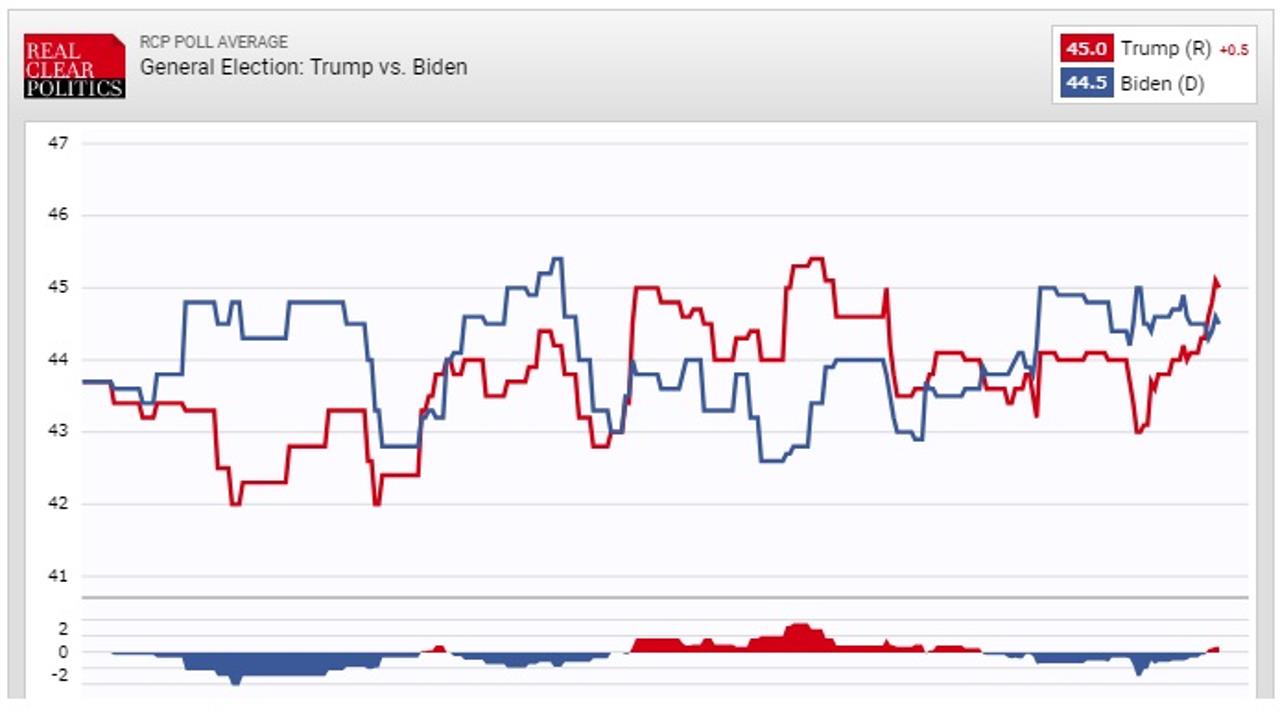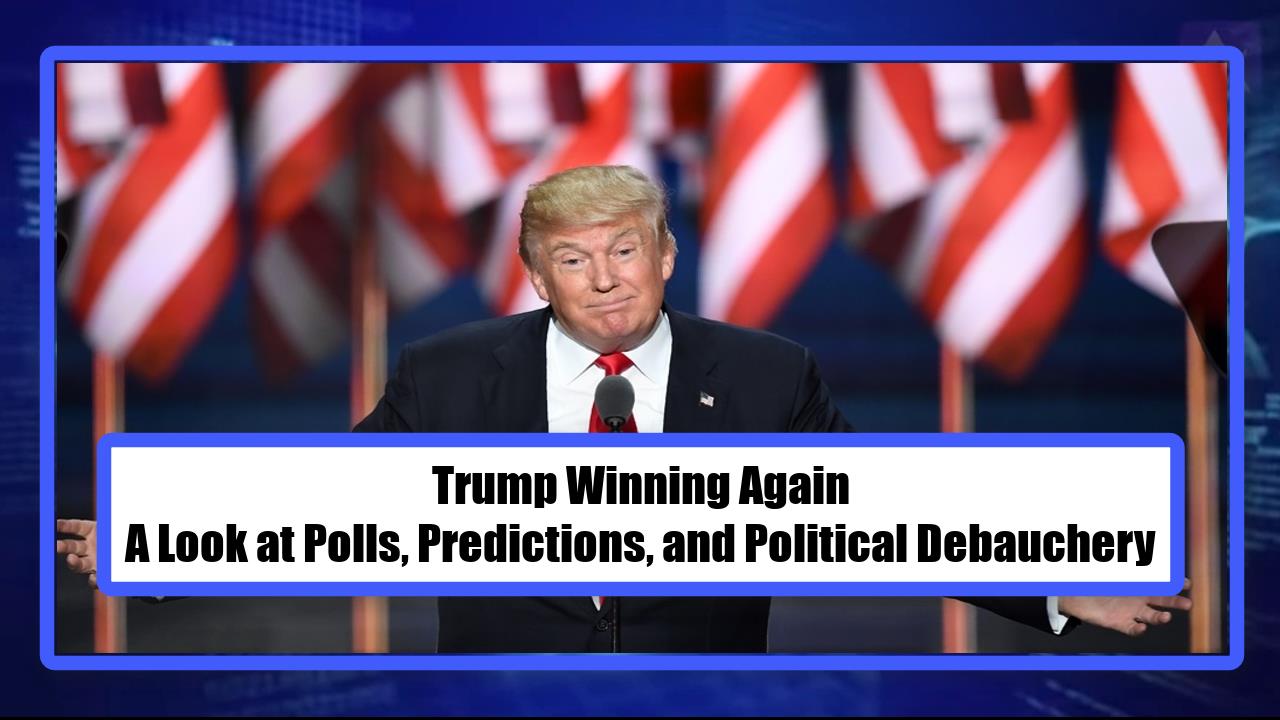Video:
Take our online poll:
AI Analysis:
The question of whether a U.S. President can pardon himself is a subject of legal debate and controversy. As of my last knowledge update in September 2021, there is no definitive answer to this question because it has never been tested in the courts, and there is no explicit language in the U.S. Constitution addressing self-pardons.
The U.S. Constitution grants the President the power to grant pardons and reprieves for federal offenses under Article II, Section 2, Clause 1. However, this power is generally understood to be limited to pardoning others, not oneself. The legal and constitutional principles at play here involve the idea that no one should be a judge in their own case.
In the past, there have been legal opinions issued by the Department of Justice's Office of Legal Counsel (OLC) that suggest a President cannot pardon himself, based on this fundamental principle. However, these opinions are not binding legal precedent.
Ultimately, if a President were to attempt to pardon themselves, it would likely be subject to legal challenges, and the matter might have to be decided by the courts or possibly through impeachment proceedings in Congress. The legality of a self-pardon would be a complex legal and constitutional issue, and it would depend on how the courts and Congress interpret the relevant constitutional provisions.
It's important to note that legal interpretations and opinions can evolve, so the situation may have developed further since my last update in September 2021. If this issue has come up since then, I recommend consulting a current legal source for the most up-to-date information.
Chart:

References:


Comments